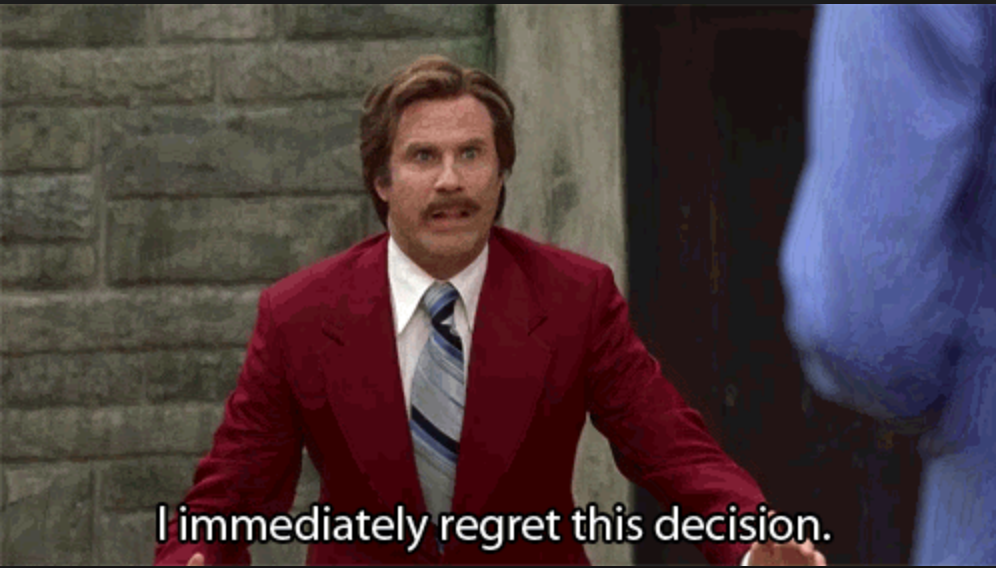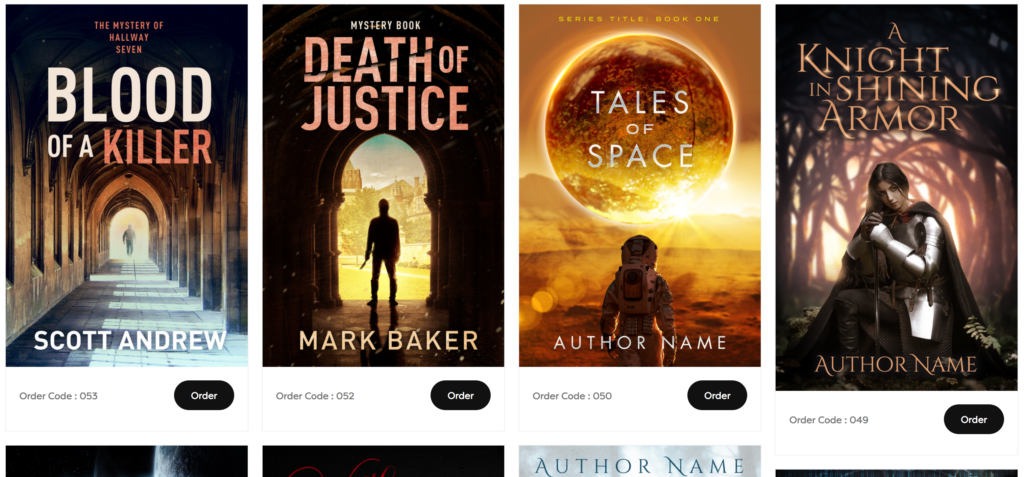There is some degree of impatience that goes along with self-publishing. Why wait around for a publisher when you can have a book now? That’s one of the bigger fallacies of the industry, because if you choose to do everything yourself it can (and should) be more work. Writers are still driven to cut corners because it can be so difficult to handle every side of the business. So long as you understand there’s difficulty every step of the way, you will hopefully give each step in the process the attention it deserves.
Here’s a primer on the common self-publishing pitfalls, and what you can do to avoid them.
 Don’t Think You Can Write Automatically
Don’t Think You Can Write Automatically
This might not seem like it’s about self-publishing to start, but it is. One of the main advantages of self-publishing is being able to bypass traditional gatekeepers. What this means is that you are the main gatekeeper. An editor can tell you what might be wrong with the book, as can beta readers, but you are the final barometer, and it’s up to you to recognize if the book’s ready for publication.
Given we’ve all been writing from a very young age, some might be led to believe they can write good prose right away, but you shouldn’t assume that you can write a novel any more than you can pick up a guitar and start playing it flawlessly. You’re bound to have at least one very bad book before hitting your stride. Just remember: most of writing is rewriting.
If writing classes or critique groups are a step too far, at the very least read something about the process. Stephen King’s On Writing and John Yorke’s Into the Woods are good places to start.
Don’t Stop Reading
On that front, you shouldn’t stop reading…ever. This includes both the greats and books that have been poorly reviewed. You can learn just as much from a bad book as a great one, as you can unpack just what makes the book problematic, and how you could improve it.
Don’t Use a Vanity Publisher
There’s a misconception that any type of assisted self-publishing is vanity publishing. For all the bad press that vanity publishing has gotten, there’s a very good reason why some authors use them: they’re easier. It’s easier to get your editing, cover, and distribution all in one place, especially if you’re new to the process. The problem is
- The services are overpriced.
- The services often aren’t very good.
- The publisher will take a cut of the royalties.
- You will have less flexibility with changing your book’s details.
While it’s not always easy to find good services piecemeal, a vanity publisher is not the answer. For example, with #4 above, it is common practice for self-publishers to change their book’s details (price, blurb, keywords, categories, even cover) if sales are sub-par or for an upcoming promotion. It can be difficult to have a vanity publisher change those details in time, or at all, which really flies in the face of the main advantage of self-publishing, which is flexibility.
Don’t Skip Beta Readers
Authors may be under the impression that all it takes to edit a book is one editor. While this might be more economical, it’s not ideal. No matter how talented an editor might be, it’s still only one person’s opinion (and one gender, and one age).
But it is important to use beta readers wisely. A misstep authors make is to send the book to beta readers a few weeks before publication. However, if beta readers bring up glaring problems, it’s going to take more than a few weeks of editing to get it into shape. And the more new writing you do on the book, the more you’ll need to send the book to your editor, so beta reads can be a multi-step process.
Don’t Edit a Book Yourself
This goes without saying, but it doesn’t make sense to hire any old editor. You should find an editor who not only has experience editing books in your genre, but avidly reads the genre, so you can be confident when he or she suggests changes, it’s being measured against the greats in the field, as well as what’s currently marketable.
One caveat to this is you should absolutely edit the book yourself before you send it to an editor. You shouldn’t just submit a mess of pages that hasn’t even been spell checked. That’s not fair to your editor, and will cost more time and money.
 Don’t Design Your Own Cover
Don’t Design Your Own Cover
This one doesn’t really make a lot of sense, unless you really know what you’re doing. Nevertheless, authors seem to do this quite often, which is unnecessary, as there are many, many pre-made cover services available, at the very least, and the cost of custom cover design has come down a lot in recent years.
Don’t Design Your Own Print Interior
You could possibly get away with designing your own ebook interior, as ebooks are fairly stripped down, but it is not recommended for the book’s print interior, which will need specialized formatting, such as drop caps, chapter headings, page numbering, fonts, and more. Main pet peeve: full tabs for paragraph indents.
Don’t Skimp on Your Book Blurb
One of the main signals of a bad book is a bad description. Too often you’ll see a description on Amazon that is one giant paragraph – it’s sore on the eyes before you even start reading. You shouldn’t have paragraphs that are more than 100 words or so, and you should use bold and italics, which you can input into your book description in Amazon using <b></b> and <i></i> respectively. For example: <b>Bold Description</b>.
Amazon’s Author Central is very helpful for editing your book blurb and author description, and should be a mandatory step in the process. Here’s some more about writing a quality book description.
Don’t Charge Too Much
It’s odd to see indie authors charging $10 for an ebook. If you’ve taken all of the above steps, you’ll likely feel you’ve earned that price, with good reason. But the main way to remain competitive as a self-publisher is keeping the price low. Once you’re selling, you can raise the price. But it’s very hard to get word of mouth going when the book is priced too high.
Don’t Publish Wide (At First)
This one’s controversial, but if you’re an unknown author, it’s a good idea to publish in Amazon’s KDP Select, where you can get reads as well as downloads. Sometimes all you’ll get as an unknown author is reads, so without that you might get nothing at all. It’s worth trying KDP for the first 3 months of a book’s release – Amazon’s minimum time to enroll – to see if you get traction in Amazon’s lists such as “Hot New Releases,” and then going wide using a distributor (Smashwords, PublishDrive, or Draft2Digital).
Of course, this entirely depends where you are in your publishing career. If you have a dedicated fan base who will be looking for your book on all platforms, then you’ll certainly want to publish wide. However, if you’re unknown, Amazon really should be where you concentrate your distribution and marketing.
Don’t Wait for Sales to Come In
Every author has that hope: The book’s so good that word of mouth will inevitably spread and no marketing will be required. I mean, who wants to be on Twitter anyway? There’s a reason that major authors have social media accounts and publicity managers – because all publicity matters. Why do they have so many Coke commercials? Because even though everybody knows Coke like they know water, it’s still helpful to have a constant reminder of the brand. Imagine, then, what would happen for an author who’s virtually unknown and didn’t promote in any way.
Don’t Stop Marketing
Here’s a common scenario. You are diligently blogging, social media-ing, and the like, and sales are trickling in at 1-2 ebook sales a day…or month. One impulse would be to say, “Why bother? Sales are slim.” What you’ll find is that those 1-2 sales will likely dry up if you do nothing. Your marketing efforts will make a dent, but don’t expect to get rich quick.
Don’t Stop Writing
Go back to rule #1.
Get an Editorial Review | Get Amazon Sales & Reviews | Get Edited | Publish Your Book | Enter the SPR Book Awards | Other Marketing Services






















Leave A Comment